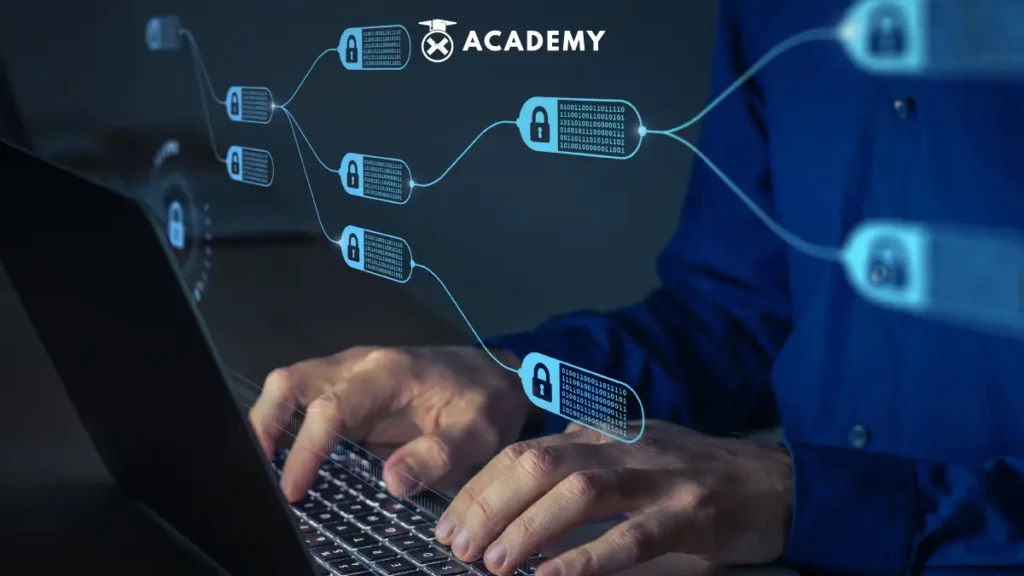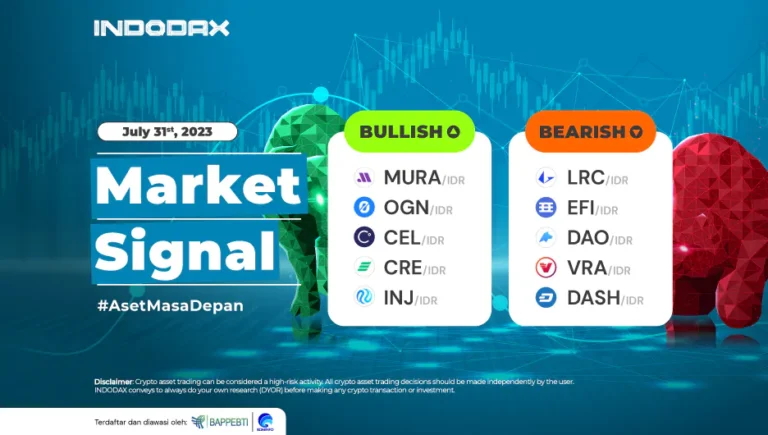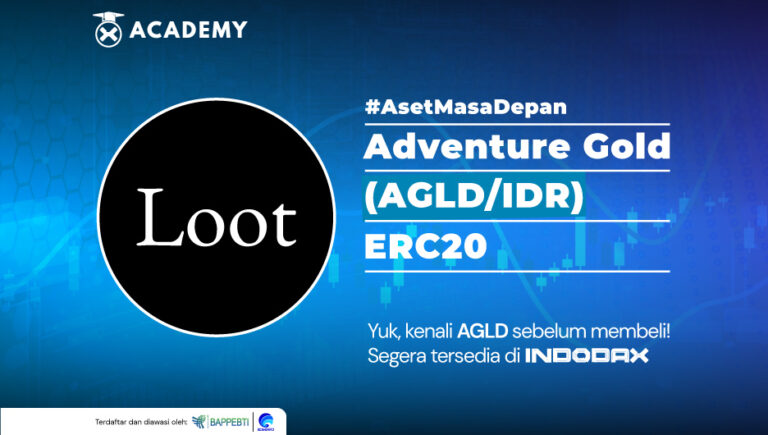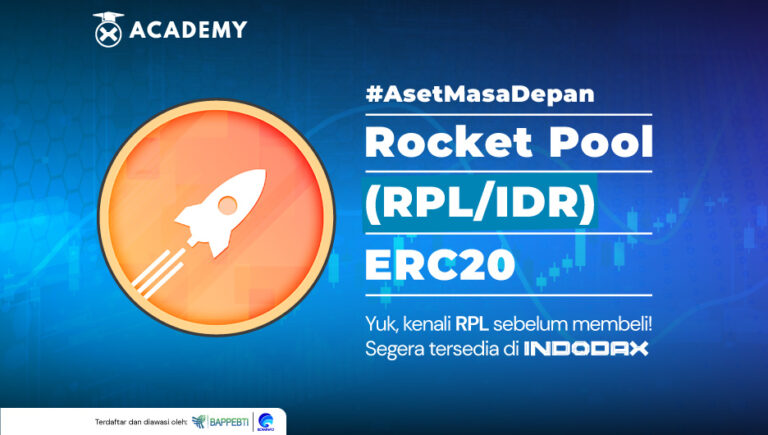The growth of the world of digital assets and cryptocurrencies is currently growing rapidly, especially in terms of the number of existing tokens.
Therefore, a solution is needed to store assets guaranteed to be safe; custody rights are born in this case.
So, to understand what custodial is and how important this is in the context of crypto finance and investment, consider the following review.
Introduction to What is Custody

In the business world in general, the term custody or custodial has been around for a long time.
Usually, custody is a term for an institution or company where assets are guaranteed to be safe.
These valuable assets include stocks, bonds, gold, and crypto.
It should be noted that the security and protection of registered assets will be guaranteed by the custody rights organizers in their company.
In crypto finance and investment, safeguarding is as important as a safe depository for assets.
Therefore, the custodian of crypto assets has the main function as a measure to secure users’ crypto assets.
This is because it is usually difficult for crypto owners to remember their private keys, and the potential for theft and hacking crimes is high.
Furthermore, with the number of token holdings and the wide circulation of crypto assets to date, custody is the best solution for safely placing assets.
Definition of Custody Crypto
You need to know that crypto custodial, also known as a crypto asset storage service, is the process of securely storing and managing crypto assets by a trusted third party.
In this case, crypto assets such as Bitcoin, Ethereum, or other crypto tennis assets are stored in a secure digital wallet by a crypto custodial service provider.
Crypto custodial service providers usually have sophisticated security infrastructure, such as high-level encryption, multi-signature safeguards, and other security measures to protect crypto assets from security threats like theft, hacking, or loss.
Meanwhile, the types of safekeeping, especially self-custody, are divided into e-wallets (digital wallets) and physical wallets. The following is an explanation of each.
1. E-wallet (digital wallet)
This digital wallet (e-wallet) is a crypto asset guard wallet connected to the internet network.
This digital wallet is also called a “hot wallet” because it is connected to the internet.
This digital wallet is further divided into two types: wallets that become mobile applications and browser extensions.
This type of e-wallet crypto wallet has several advantages, including being free, being used anywhere, and being lightweight.
Another advantage of using this type of crypto custody is that this wallet only requires an internet connection and can be accessed through well-known search engines (browsers), including Chrome, Safari, and Microsoft Edge.
Some examples of the most popular crypto e-wallets are Trust Wallet, MetaMask, Atomic Wallet, XDeFi, Wallet Connect, Keplr, Argent, Phantom Wallet, and Exodus Wallet.
However, this type of custody has its drawbacks, including security issues.
This can happen because this type of e-wallet is quite vulnerable to fraudulent acts with fake giveaway modes, spoofing, to phishing.
Typically, the various modes of fraud will occur in two ways, namely (1) trying to retrieve the user’s private key and (2) making the user interact with the fraudulent platform, then draining the assets in the e-wallet.
2. Hardware wallet (physical wallet)
Meanwhile, the type of hardware wallet or physical crypto wallet is a special device that functions as a place to store crypto assets.
This physical wallet is usually called a “cold wallet” because it is not connected to the internet.
In addition, this hardware wallet has more qualified security.
This type of wallet can only be enabled if it is connected using USB.
Hardware wallets have been considered the safest place to store digital assets.
However, the drawback is that this physical wallet is priced quite high, around IDR 1,000,000—IDR 3,000,000.
Another drawback is that the owner/holder of crypto assets loses their assets if the device is lost.
Meanwhile, among the most frequently used physical wallets are Ellipal, Trezor, Safepal, and Ledger.
In the crypto ecosystem, the role of custody is that it helps owners/holders of crypto assets, even beginners, to put assets safely.
In addition, the flexibility it offers through connection to the internet network will also make it easier for crypto asset owners to check their assets anytime and from anywhere.
Ways of working Custody Crypto

So, how does crypto custody work? When using a self-custody system, the owner of the crypto asset will first create a separate password.
Then, this asset’s owner will also receive the recovery phrase/seed phrase, which is the private key.
The recovery phrase/seed phrase is the most important component of a self-custody system because it is the only way for owners or other people to access its assets.
Usually, a recovery phrase/seed phrase consists of 12, 18, and up to 24 random words with a specific structure.
When they want to access their wallet, the crypto asset holder must fill in the seed phrase with the appropriate word order.
Otherwise, the crypto owner cannot access his crypto wallet.
Not only private keys; there are also public keys in crypto wallets.
A public key is a public address crypto-asset owners use to receive and send crypto assets and interact with decentralized applications.
The public key address is an address that can be found when looking for transactions on sites such as BscScan and Etherscan.
The owner’s wallet address is called a public key because it acts like a key.
In this case, the crypto owner must unlock the lock by approving the “sign” command when interacting with the new platform.
This will also serve as a layer of security to prevent online fraud (spoofing).
Risks Associated with Custody Crypto
In using crypto custody, there are still some risks that need attention.
The first risk is from a security perspective. As is known, security is still a common topic related to digital asset transactions and storage.
The reason is that even though it is considered more secure, the risk of cyber attacks and malware is still vulnerable.
The second risk is related to human error. In this case, there may be damage or loss, which can also disappear crypto assets.
Meanwhile, the next risk is related to liquidity. This occurs when a crypto custody company cannot fulfill obligations for ownership of digital assets from asset holders who deposit their assets in the company.
Considerations for Choosing Custody Crypto
Many risks still lurk with crypto asset owners, requiring them to be observant in choosing the right crypto custody.
The following are tips and suggestions regarding factors that must be considered when choosing the right crypto custody service, including:
1. Choose a large and well-established crypto custody
In this case, asset owners may consider choosing crypto custody that has been around for a long time.
Although sometimes this is not always a guarantee, at least the asset owner will be protected from various risks, for example, bad handling by the company’s operator.
2. Ensure crypto custody has significant volume and liquidity
The next tip is to ensure the crypto custody has significant volume and liquidity.
This is closely related to the digital asset pairs chosen by crypto owners for trading.
3. Check the custody crypto customer support team
Next, crypto asset owners can check with the crypto custody company’s customer support team.
This needs to be done before registering in the crypto custody because the asset owner will later know how fast or slow this customer support team will work.
4. Ensure crypto custody performs KYC procedures
The Know Your Customer (KYC) procedure, known in Indonesian as “Know Your Customer,” has become a legal requirement globally.
Therefore, ensuring that the crypto custody chosen later has been implemented for mutual security is important.
Conclusion
Having appeared for a long time in the business world, the term custody or custodian is a designation for an institution or company where assets are guaranteed safe.
These valuable assets include stocks, bonds, gold, and crypto.
Please note the custody organizers in their company will guarantee the security and care of registered assets.
In crypto finance and investment, custody is important to store guaranteed security assets.
Therefore, custody of crypto assets has the main function of securing users’ crypto assets.
Custody crypto plays an important role in the crypto ecosystem because it can help reduce the risk of losing crypto assets due to security threats.
Come on, protect your crypto assets by using the INDODAX application.








